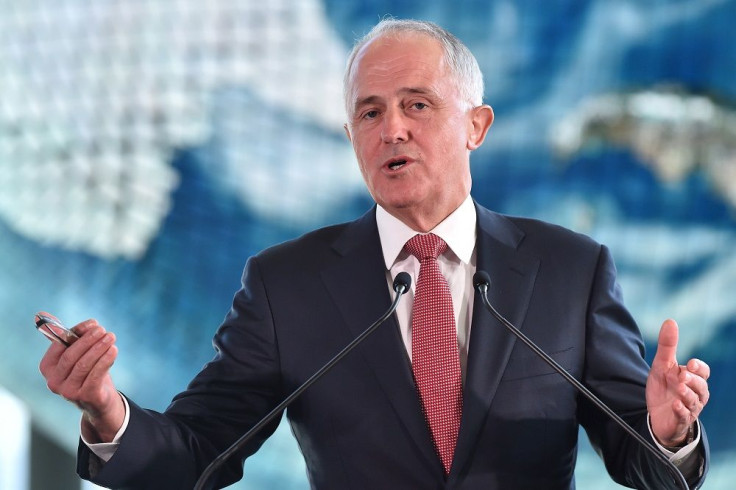Regional Australia residents to experience improved telecommunications services after Turnbull’s latest reshuffle

Prime Minister Malcolm Turnbull’s reshuffle has paved the way for two new government offices that aims to revivify the country’s regional, rural and remote regions.
According to The Australian, the much-talked-about appointee is Angus Taylor, who will take the post of Assistant Minister to the Prime Minister for Cities and Digital Transformation. Still undefined, the new bureau is expected to align the country’s rural digital sector with its urban counterparts.
After being appointed as the first minister for the new post, Taylor immediately said that he would lead the great call on narrowing the digital divide between Australia’s cities and rural areas. He strongly believes that the success of this undertaking would help the government save $27 billion on public service. Additionally, he suggested that the strong connections between people living across the country would cut the need to travel just to obtain basic services typically present in key cities.
“A face-to-face transaction costs the government $17. An online transaction costs about 40c. Deloitte estimates that 40 percent of those are still done either face-to-face, by post or telephone. If we just halved that number and went from 40 to 20 percent, they estimate that’s worth $27 [billion] in direct savings and benefits to citizens and government,” Taylor told The Australian.
Another new appointee in the Turnbull reshuffle is Senator Fiona Nash, who was sworn as the first minister for Regional Development, Regional Communications and Rural Health. Nash, who also elected as deputy leader of the National Party, promised to assure the residents of rural Australia that she would do everything to give them what the people in the metropolis are enjoying.
In the government’s Regional Telecommunications Review 2015 report, 12 recommendations that could possibly enhance digital access to augment basic services such education, business and health were introduced. Among these recommendations is the improvement of network infrastructure, which serves as the cornerstone of them all. Suggestions, like “drafting a technology-neutral consumer communications standard for data and voice services” and “providing better information on the NBN rollout and technologies being used,” will all end up futile in the absence of strong network signal or broadband connection.
Currently, Australia ranks 44th on global Internet speed rankings, with the NBN roll out being cited as its root cause.
"The drop is happening because a lot of other countries over this period are moving towards fibre-based access networks, or they've already completed rollouts of what we would call the multi-technology mixing/mixed networks," Dr Mark Gregory, a network engineering expert from RMIT University, told the ABC. He suggested that the NBN must immediately realise how behind the country is in terms of Internet infrastructure and technology, and failing to address it would not pull the country off dismal global rankings.
However, this remains a farfetched idea until the NBN itself becomes willing in making the public part of its many undertakings. The bill that forces NBN to make its deals and forecast public has just been amended and passed this week, thus the journey to seeing a fully transparent deal with the organisation remains a long one.
With this, countries like Australia and the UK, both of which boast of outstanding GDPs, are becoming an attractive targets for network extender companies like 5B AR z International (OTCQB: BARZ). “They are no different from developing countries. Developed countries like Australia has network-related problems, too, and we want to be part of addressing that,” says CEO Daniel Bland.
The American company has already enjoyed immense attention in India after it closed a deal with second-largest carriers Vodafone, which promises to alleviate the country’s call-drop problem through the firm’s plug-and-play technology.
International tech firms may find an Australian expansion enticing, with the Turnbull reshuffle seen as a step towards achieving Australia’s innovation agenda. Many hope that with Taylor and Nash in posts related to the country’s technological movement, Australia will further improve its services, most especially on the NBN front.






